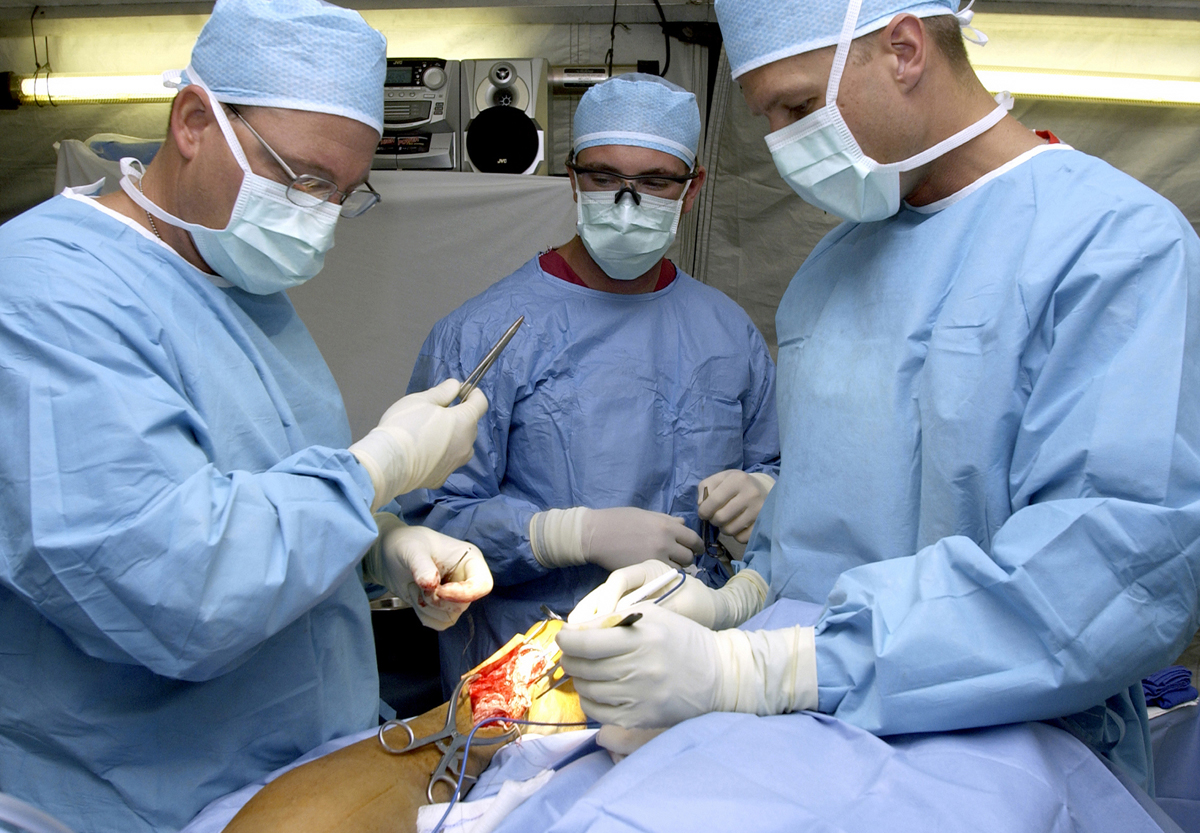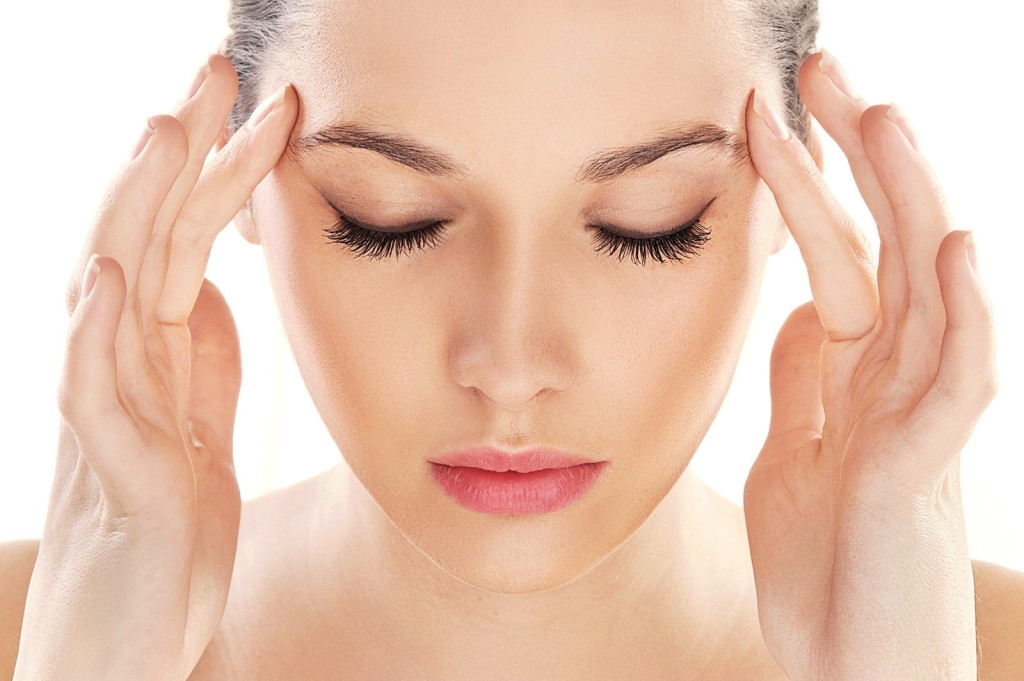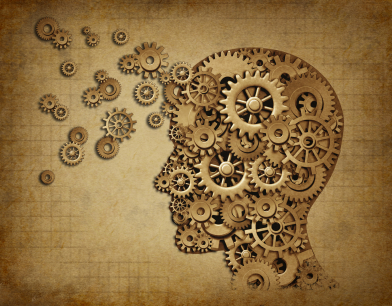Source:-Google.com.pk
Mental Health Information for Teens, 4th Edition explains the importance of mental health and describes the causes, warning signs, diagnosis, and treatment of mental illnesses. It also gives tips for building healthy self-esteem, coping with stress, getting along with family and friends, and dealing with challenges such as divorce, abuse, grief, and thoughts of suicide.
The book is organized in the broad subject areas detailed below. Please see the Table of Contents for a more complete understanding of the comprehensive coverage offered in Mental Health Information for Teens, 4th Edition.
Part One: Mental Health and Mental Illness describes the components of mental health and its effect on well-being, and the role of resilience in mental wellness. Mental illness is defined, and its possible causes and warning signs are described.
Part Two: Mood and Anxiety Disorders describes disorders that alter emotional and fear responses, including depression, bipolar disorder, generalized anxiety disorder, obsessive-compulsive disorder, post-traumatic stress disorder, and panic disorder.
Part Three: Personality and Psychotic Disorders describes mental illnesses that affect how people perceive reality, including psychosis, schizophrenia, borderline personality disorder, and dissociative disorders.
Part Four: Behavioral, Impulse Control, and Addiction Disorders explores mental illnesses that influence how people act and possibly disregard societal norms, including impulse control disorder, conduct disorder, oppositional defiant disorder, and eating disorders.
Part Five: Other Situations and Disorders with Mental Health Consequences discusses circumstances that may impact adolescents’ mental well-being, including puberty, child abuse, bullying, violence, and self-harm. It also explains the mental health effects of chronic conditions such as autism spectrum disorder and attention deficit hyperactivity disorder (ADHD).
Part Six: Mental Health Treatments describes mental illness diagnosis and common treatment approaches, including psychotherapy, medications, and complementary and alternative medicine practices.
Part Seven: Mental Wellness Topics for Teens gives tips for building self-esteem, dealing with depression, coping with stress, and improving emotional health.
Part Eight: If You Need More Information offers suggestions for additional reading, a list of crisis helplines and hotlines, and a directory of relevant resources.
Self Help - 16 Keys for Good Mental Health
This page has been edited and reviewed by psychologist R. Y. Langham, M.M.F.T., Ph.D.
Self help in the form of lifestyle changes and developing coping skills can make a positive and remarkable difference towards good mental health and prevention.
The earth spins on its axis at a precise angle. If that angle is off just a fraction, it would render the earth either too hot or cold to be inhabitable. The number of connections in our minds, between each nerve cell, has been compared to the number of stars in the universe. It is a complex, bio-chemical organ, the most delicate and complex thing known on the universe. In it lies the thought processes that govern our emotions, creativity, hopes and memories.
At times, a simple adjustment in our lifestyle can maintain a bio-chemical balance in our minds, which helps keep our minds and bodies balanced. There are many natural activities that affect the chemical makeup of our minds.
A variety of factors can naturally raise neurotransmitters in our brains. Neurotransmitters like serotonin and dopamine play a significant role in depression (i.e. clinical depression and bipolar disorder) and ADHD. It is important to note that there are 30 different neurotransmitters in our brains, so the mind is a complex organ that consists of mysteries that defy science. By following some of these simple suggestions, it we can maintain the balance in our minds.
1. Exercise. Studies have shown that regular exercise (i.e. brisk walking) can be more effective in treating depression than most traditional prescription anti-depressants (when it comes to a reduction in symptoms and the recurrence rate).
2. Love. Love has been described as the best medicine. Not everyone has the benefit of growing up in a loving environment. There is a scripture that says, "There is more happiness in giving than in receiving." By purposefully helping others, we add value and meaning to our
3. Television, movies and video games. Excessive time spent watching television, or engaging in other forms of media can have a negative effect on our mental health, this is especially true when it comes to violence in children's programming. Most movies and cartoons have at least some violence. One study reveals that in 1996, 8 out of 10 Saturday morning children's cartoon characters were violent. The evening news, as well, has elements of violence, and at times, this can affect our emotional balance. Researchers and mental health professionals have suggested that watching the news can contribute to depression.
The rapid-fire pace of television and commercials can cause our senses and brains to overload. They can also interrupt the delicate balance of the chemicals that regulate our emotions. In some cases, we can get to the point where we have seen so much violence, that we no longer see it as “violence.”
Many movies are entertaining, but some movies also stir up emotions (i.e. highs and lows) that can contribute to depression and/or other mood disorders. It is true that our emotions can contribute to mental health conditions like: depression, anxiety, ADHD, OCD and bipolar disorder.
It is important to note that some adults and children are more emotionally sensitive than others. It is extremely beneficial for an individual with a sensitive disposition or a traumatic past to reduce the amount of time he/she engages in media outlets (i.e. television, radio, movies, internet, etc.), especially if he/she has a history of mental illness and/or emotional distress.
Focusing on “the positive” can help also reduce and/or prevent depression symptoms. Try reading a newspaper, rather than watching the news on your television. It is gentler on the mind and it allows us to be more selective when it comes to what enters our brains. Try to avoid dwelling on violent and/or sensational events, images and experiences and make a deliberate choice to focus on “the positive.”
4. Art can be a natural mood stabilizer. It can also help heal the mind. Moreover, art can help some build self-esteem. In fact, activities like reading can actually be a “mind-strengthening” exercise.
One man reported that the news depressed him so he decided to stop watching television. He, instead, cultivated his natural art talent and produced hundreds of fine arts works – all within a five year period. He sold many of his masterpieces commercially. In the past art was just a hobby, now it was a career. It is important to note that art can have a healing effect on the mind (i.e. allowing you mind to rest and promoting self-respect).
14. Purpose in life and work. Have an active role in helping children, the elderly, handicapped, underprivileged persons and/or others. Volunteer part of your time for a worthy cause. Helping others in a genuine loving way, fosters your positive qualities and gives your life meaning and purpose. Teaching in a day care center or volunteering at a social services agency or charity for children can provide you with a purpose and help you focus on something or someone bigger than yourself. It can also help you integrate with other people. In some cases, a change in your job can help you overcome mental health battles, especially if your new job involves helping others.
15. Music: Listen to soft and soothing music. Most music, now-and-days, is supercharged, electric and throbbing. The constant mental stimulation can result in mental overload. Some alternative music can be depressing and/or elicit feelings of emptiness. Rock and roll, heavy metal and other "heavy" sounds can cause chaos in our minds, which can affect our brain’s chemical balance.
Brain Health Tips Health Tips in Urdu for Kids In Hindi for Women for 2012 for Men for Summer in Urdu for Man Tamil Images
Brain Health Tips Health Tips in Urdu for Kids In Hindi for Women for 2012 for Men for Summer in Urdu for Man Tamil Images
Brain Health Tips Health Tips in Urdu for Kids In Hindi for Women for 2012 for Men for Summer in Urdu for Man Tamil Images
Brain Health Tips Health Tips in Urdu for Kids In Hindi for Women for 2012 for Men for Summer in Urdu for Man Tamil Images
Brain Health Tips Health Tips in Urdu for Kids In Hindi for Women for 2012 for Men for Summer in Urdu for Man Tamil Images
Brain Health Tips Health Tips in Urdu for Kids In Hindi for Women for 2012 for Men for Summer in Urdu for Man Tamil Images
Brain Health Tips Health Tips in Urdu for Kids In Hindi for Women for 2012 for Men for Summer in Urdu for Man Tamil Images
Brain Health Tips Health Tips in Urdu for Kids In Hindi for Women for 2012 for Men for Summer in Urdu for Man Tamil Images
Brain Health Tips Health Tips in Urdu for Kids In Hindi for Women for 2012 for Men for Summer in Urdu for Man Tamil Images
Brain Health Tips Health Tips in Urdu for Kids In Hindi for Women for 2012 for Men for Summer in Urdu for Man Tamil Images
Brain Health Tips Health Tips in Urdu for Kids In Hindi for Women for 2012 for Men for Summer in Urdu for Man Tamil Images









No comments:
Post a Comment